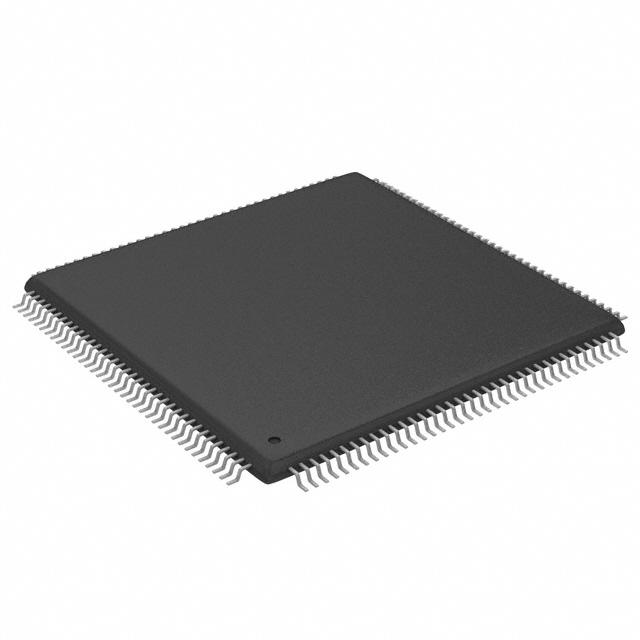AiPCBA verwendet Cookies, um Ihnen ein besseres Erlebnis zu bieten. Detaillierte Informationen zur Verwendung von Cookies auf dieser Website finden Sie in unserer
Datenschutzerklärung. Durch die Nutzung dieser Website stimmen Sie der Verwendung von Cookies zu.

